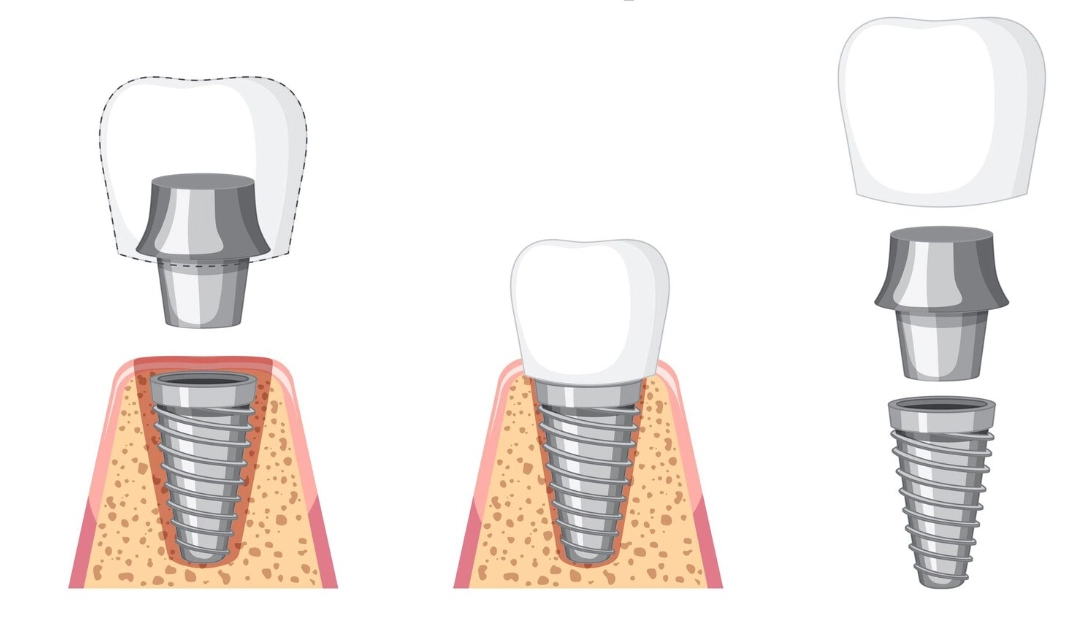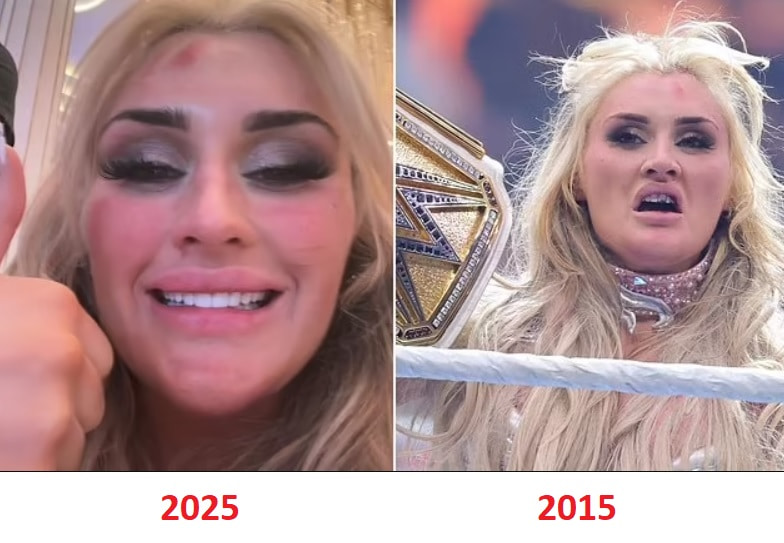🦷Can You Smoke After Tooth Extraction?
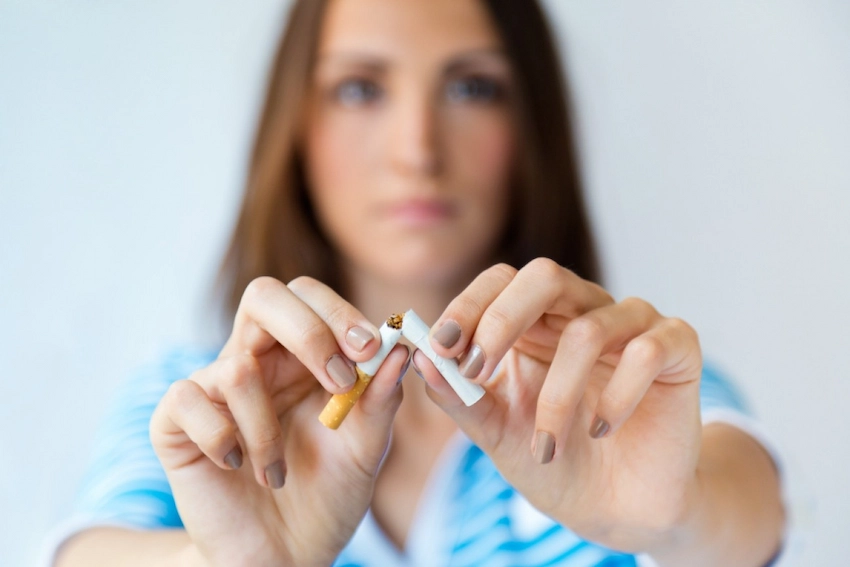
It has been found that smoking after tooth extraction has the capability of putting a break on the healing process, and the chances of suffering dry socket would be higher. The best thing is to avoid smoking for at least 48 to 72 hours for the perfect recovery process. When a tooth is extracted, many people think about their habits, and smoking is especially on the list of queries. Can a person smoke after this teeth removal procedure? A smoking person certainly won’t feel comfortable, and the impulse to take out a cigarette could be a big challenge, but the subject of the healing time is much more serious, and that gives a lot to consider. In the following text, let us take a closer look at the hazards and the recommended actions to take after the extraction, in relation to smoking.
Smoking and Tooth Extraction: What You Need to Know
One has to be well aware of the impacts of smoking on one’s recovery after a tooth is extracted. Smoking is observed to limit blood flow, which speeds up healing and increases the potential of complications. Following the extraction, for a period, it is better not to smoke. Passionate smokers ought to take into account the development and preservation of suitable oral health as well as the importance of the healing process. The choice of quitting or minimizing the frequency of smoking can promote your healing and recovery to a great extent.
Implications of Smoking After Tooth Extraction
Smoking after tooth extraction carries numerous threats to the patient’s health that, in some cases, may even turn into life-threatening situations. The main risk factors are as follows:
- Healing Delay: Nicotine is a vasoconstrictor, which causes a decrease in blood pressure and thus impedes blood flow to the tooth extraction site, leading to delayed wound healing.
- Dry Socket: The habit of smoking increases the incidence of dry socket, a painful condition connected with the blood clots from the tooth extraction area.
- Infection: When harmful bacteria from a cigarette are introduced to the extraction site, the chances of getting an infection rise.
- Pain Aggravation: Smokers are more prone to increased pain and intensity of the recovery process, which might be related to their bodies’ imperfect healing ability.
- Execution of Post-Extraction Care: The implementation of post-extraction care at home is affected by smoking, which worsens a patient’s condition by not following the dentist’s instructions.
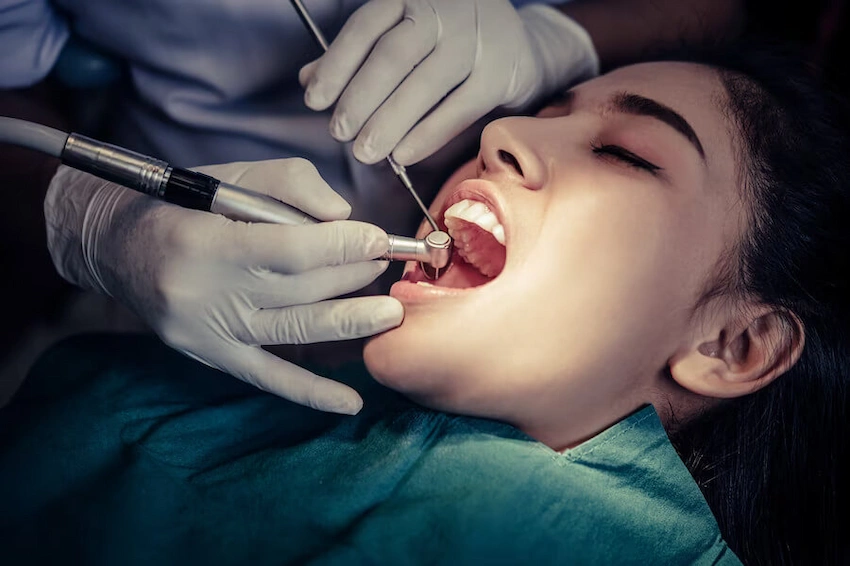
Refraining from smoking is the best thing to do to have an easy and problem-free recovery.
Healing Stages After Tooth Extraction
The first time after extraction, your body becomes active in repairing wounds. During this process, the health of the person’s oral cavity will be completely restored while the possibility of any complications will be minimized. Normally, the following steps are involved in the healing process:
| Stage | Description | Timeframe |
| Clot Formation | The socket has a blood clot that forms instantly once the tooth is removed. The blood clot is there for a few hours, and it serves to stop bleeding and begin the process of healing. | A few hours |
| Tissue Repair | Following this, within a few days, the tissues around the socket start to regenerate, creating the newer tissue which fills the socket. | 3–7 days |
| Bone Regeneration | The bone that is just below the point of the extraction starts to heal and regenerate during this stage, and this is very important for the long-term stability of the area. | 4–6 months |
The tissue surrounding the wound thus begins the process of healing, and the patient must keep in mind the post-operative care instructions prescribed by the dentist while also avoiding any activities that can possibly cause the wound to reopen, such as smoking.
Can Smoking Hinder the Healing Process?
Indeed, smoking after tooth extraction not only delays healing but significantly so. The substances found in cigarette smoke may hurt the aerosolization process, which can reduce the aerosol and tissue treatment effect.
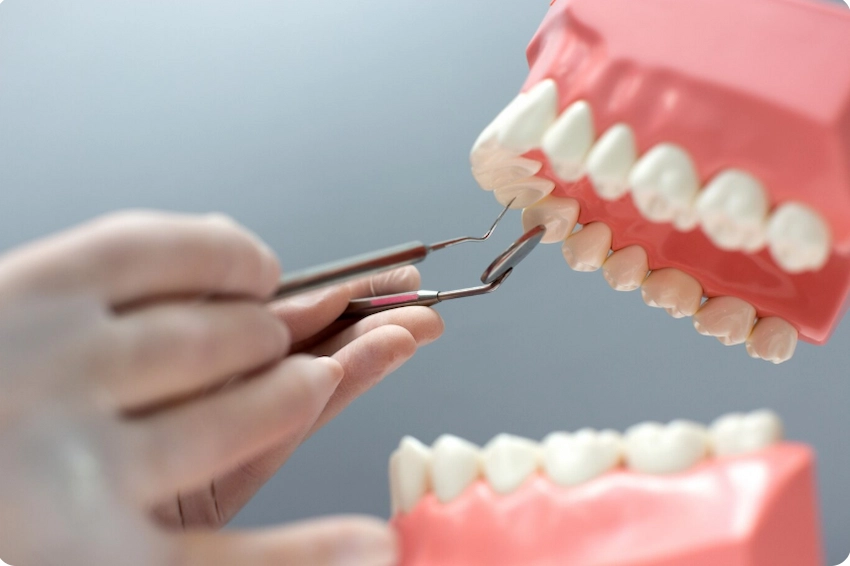
This zone can be an enjoyable place where you perform a good deed by knowing the right ways to protect the environment from being destroyed by humans. Here are some ways that smoking can delay the healing process:
| Impact | Description |
| Reduced Blood Flow | Nicotine chokes up the blood vessels, thereby cutting down the blood supply to the extraction point, hence delaying the healing process. |
| Risk of Dry Socket | Smoking is the main cause of not having blood clots and increases the likelihood of the formation of a dry socket, which is not only painful but also difficult to treat properly. |
| Extended Recovery Time | Owing to their healing being profoundly affected, the inhalation of a chain of lit cigarettes has been known to be the cause of a longer recovery period for smokers than for non-smokers. |
If one wishes to heal effectively and efficiently, it is recommended that they not smoke 48 to 72 hours after the tooth extraction, or even quit smoking altogether. This measure will help minimize risks and ensure a smoother recovery.
Substitute Cigarette Consumption after Tooth Extraction
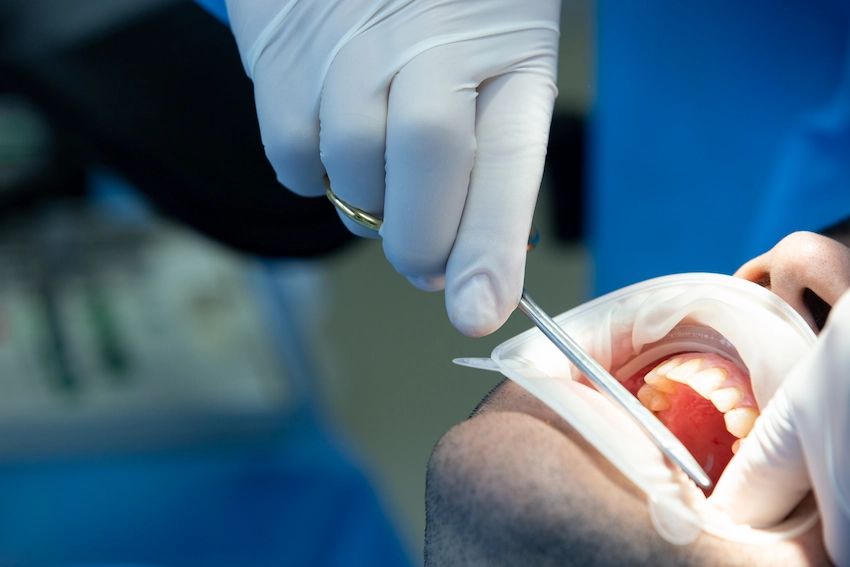
Smoking is one of the things that impede the process of the self-healing mechanism of the body after tooth extraction, so it is best to stay away from it. Still, there are other healthy options one can choose from, which not only do not interfere with the recovery process but also give nice psychological support when cravings arise. That’s why traditional healing herbs in tea form can be a good example. The use of such teas not only provides a calming effect but also has no harmful effects due to the absence of nicotine. Furthermore, it is recommended to take sugar-free gum to keep working your mouth and at the same time to quit smoking. If you are eager for snacks, a handful of fresh fruits or a few pieces of raw vegetables do the trick alike. These options, on one hand, serve as substitutes for the oral addiction and equally provide support for the general body condition as well as for the healing of the mouth.
Ways of Managing Nicotine Cravings After Extraction of a Tooth
One of the major issues that ex-smokers face post tooth extraction is coping with the incessant desire for a smoke. On the contrary, there are numerous ways of dealing with this problem. Hence, none of these methods can be good or bad, but different options suit different people. The following strategies will help you through the post-extraction period and obtain your goal of less and less nicotine intake:
- Keep Your Water Intake Up: A readily available glass of water that you can drink from every few minutes can keep your mouth and nose busy and your little brain at ease.
- Breathing Exercises: Deep breaths can help by forcing the body to relax and diverting the mind from the cravings.
- Things to Do: Engage yourself with the activities or hobbies that you really love, such as playing musical instruments or painting.
- Get Help from Nicotine Replacement Therapy: You can purchase patches and gum to assist you in coping with withdrawal symptoms, but you need to seek advice from your dentist before starting them.
- Connect with Others: Share your issues with a friend or join a group of people in the same situation as yourself so that they can be not only interesting but also helpful and motivating.
If implemented, you can use these tips to effectively lessen the desire for nicotine and at the same time, have a not-so-rough recovery stage after your tooth extraction.
FAQ: Can You Smoke After Tooth Extraction?
No, it is highly recommended to avoid smoking immediately after a tooth extraction. Smoking can hinder the healing process and increase the risk of complications such as dry socket.
It is best to avoid smoking for at least 48 to 72 hours after the extraction. This allows your body the chance to begin healing properly.
Smoking can lead to complications such as dry socket, delayed healing, and increased pain. Nicotine also constricts blood vessels, reducing blood flow to the area and impeding recovery.
If you feel you must smoke, try to wait at least 72 hours and take precautions such as inhaling gently and avoiding the extraction site to minimize the risk of dislodging the blood clot.
Yes, smoking can negatively impact your overall dental health. It can lead to gum disease, tooth decay, and other dental issues, which can complicate healing after an extraction.
